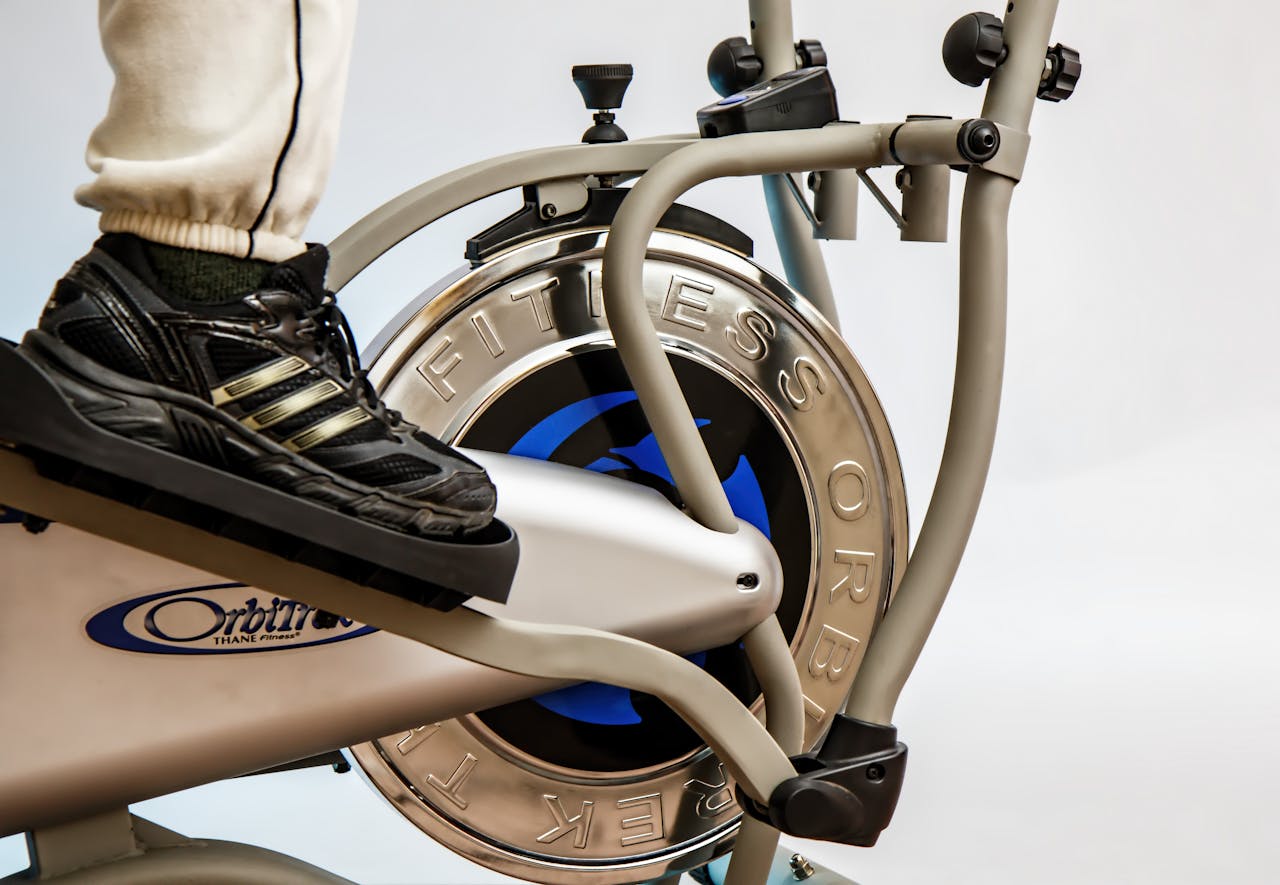The Unsung Hormone of Fitness
If you’re chasing peak performance, six-pack abs, or just the ability to say no to late-night snacks, then you’ve probably been blaming carbs, cortisol, or maybe your childhood. But the real puppet master behind your hunger and metabolism might be leptin. It’s not trendy. It doesn’t get influencer endorsements. But leptin, a hormone secreted by fat cells, is the biochemical CEO that quietly tells your brain how much fuel you’ve got and whether it’s time to feast or fast. For athletes, it’s not just about being lean—it’s about staying hormonally functional under physical stress. And leptin, despite being produced by fat tissue, is crucial in that game.
Leptin Isn’t About Laziness—It’s About Signaling
Leptin was once naively labeled the “anti-obesity” hormone. Scientists hoped it would solve fat gain with a syringe. Spoiler: it didn’t. Because the issue isn’t leptin quantity—it’s sensitivity. Think of it like WiFi. You can have all the signal strength in the world, but if your device doesn’t respond, you’re still offline. In athletes with extremely low body fat, leptin levels drop dangerously low, and the brain starts behaving like the fridge is empty—even when glycogen stores are fine. That leads to increased hunger, mood swings, sluggish recovery, and hormonal disruption. Ironically, being too lean can make your body scream for fat storage through leptin suppression. It’s the hormonal boomerang of athletic ambition.
Fat Loss Plateaus: Thank Leptin and Its Frenemy Ghrelin
You’re deep into a cut. Calories are dialed in. Cardio’s consistent. But the scale? Frozen. Enter leptin—whose levels have been plummeting steadily since week two of your diet. At the same time, ghrelin—the mischievous counterpart made in your stomach—has started climbing like a sugar-rushed toddler. Ghrelin increases appetite, particularly for calorie-dense foods, and makes dieting feel like an uphill battle against biology.
Meanwhile, leptin tries to conserve energy by dialing down thyroid output, suppressing sex hormones, and triggering fatigue. This dynamic duo doesn’t care about your macros—they care about survival. And no, cheat meals won’t fool them for long. Recent studies confirm that after prolonged energy restriction, leptin drops by up to 50% within days, while ghrelin spikes to preposterous levels. It’s not a willpower issue. It’s a hormonal chess match.
Can You Hack Leptin for Performance?
Short answer: not entirely—but you can certainly influence it. First, forget starvation diets. Leptin’s alarm bells ring loudest when energy intake crashes. Including regular refeeds or strategic high-carb days can temporarily restore leptin levels and mitigate metabolic slowdowns. New research shows that carbohydrate intake, more than fat or protein, has the strongest leptin-boosting effect—likely because it signals abundance. Sleep is another critical player. One night of sleep deprivation can drop leptin and elevate ghrelin, making you hungrier and less insulin sensitive.
Better sleep! Chronically sleep-deprived athletes experience reduced leptin signaling, increased cravings, and impaired recovery. And yes, resistance training matters too: although it doesn't directly spike leptin, it helps preserve lean mass during cuts, maintaining a more favorable hormonal environment overall.
Blood Levels and Hormonal Red Flags
Testing leptin might seem like overkill, but for athletes with persistent fatigue, poor recovery, or disordered eating patterns, it’s not a bad idea. Low leptin levels—especially below 3 ng/mL in lean individuals—have been associated with hypothalamic amenorrhea, testosterone suppression, and reduced thyroid function. In overtrained athletes, blood tests often reveal not just low leptin, but a cascade of altered hormones, including cortisol dominance and disrupted insulin sensitivity.
Conversely, high leptin levels are seen in individuals with obesity, where leptin resistance blunts the brain’s ability to register satiety. The sweet spot? Moderate leptin with high sensitivity—something you can’t buy in a supplement shop but can influence with sleep, nutrition, and realistic body composition goals.
Leptin, Not Just for the Lean or the Lazy
Fitness culture loves extremes. Either you’re shredded or you’re slacking. But leptin cares little about your Instagram aesthetics. It monitors long-term energy sufficiency and orchestrates your hunger and hormone responses accordingly. That’s why long-term caloric restriction, common among competitive athletes, is such a tightrope walk. Push too hard, and leptin pulls the hormonal handbrake.
But ignore it altogether, and you risk fat rebound and metabolic dysregulation. There’s a reason elite endurance athletes now monitor hormonal markers: not to avoid training hard, but to avoid training blind. Understanding leptin isn’t just about fat loss—it’s about sustainable performance. You don’t need to worship it, but you’d be foolish to ignore it.
What Ghrelin Teaches Us About Hunger and Homeostasis
If leptin is the strategic commander, ghrelin is the emotional instigator. Produced primarily in the stomach, ghrelin levels rise sharply before meals and drop after eating. But here’s the catch: in energy-restricted states, ghrelin adapts by ramping up earlier and stronger, especially when sleep is poor or stress is high. Recent data from metabolic studies suggest that athletes with disrupted ghrelin-leptin ratios are at greater risk for binge episodes, anxiety, and even gastrointestinal issues.
Ghrelin isn’t bad—it’s just trying to protect you from starvation. But when it gets the upper hand over leptin, your entire feedback system turns reactive. Training becomes harder, recovery slower, and every food ad becomes psychological warfare.
Manage the Messengers!
Forget the outdated view of calories in vs. calories out. In 2025, we’re finally admitting what every struggling athlete already knows: hormones run the show. Leptin and ghrelin aren’t mystical forces—they’re biological messengers responding to how you train, eat, sleep, and recover. If you want to perform at your peak and stay lean without burning out, learn to work with them, not against them.
That means smarter nutrition, strategic refeeding, sleep prioritization, and less obsession with subcutaneous fat percentages. You can’t out-discipline a hormonal imbalance, but you can outsmart it. And that’s what separates longevity from burnout, and champions from crash dieters.













